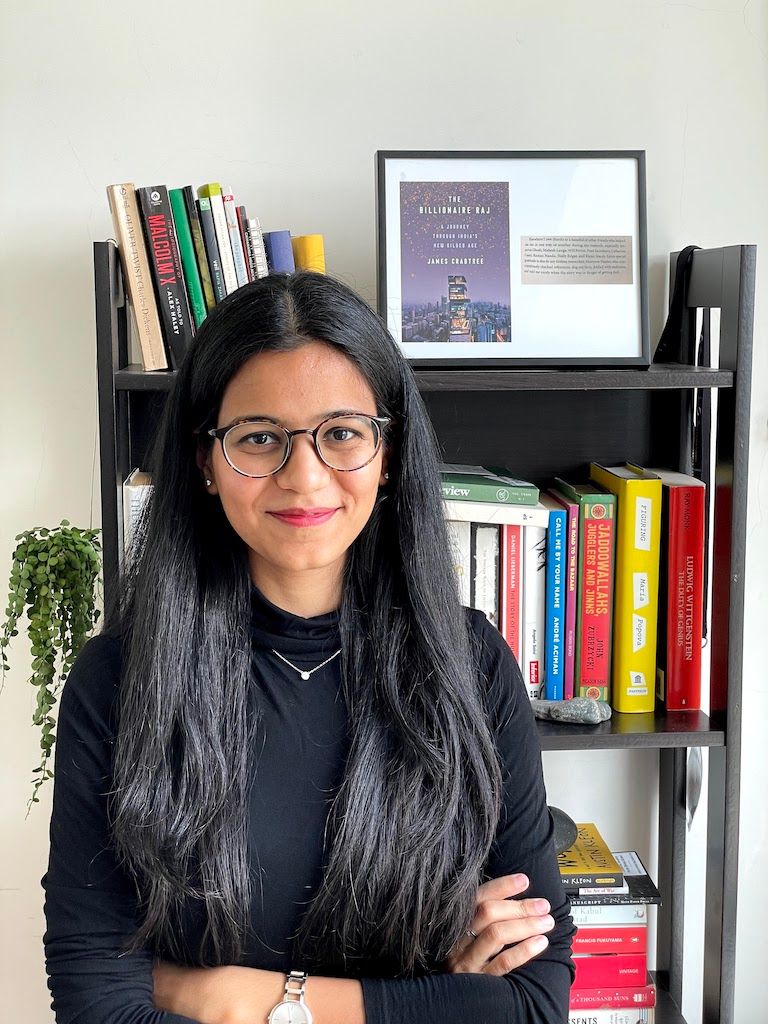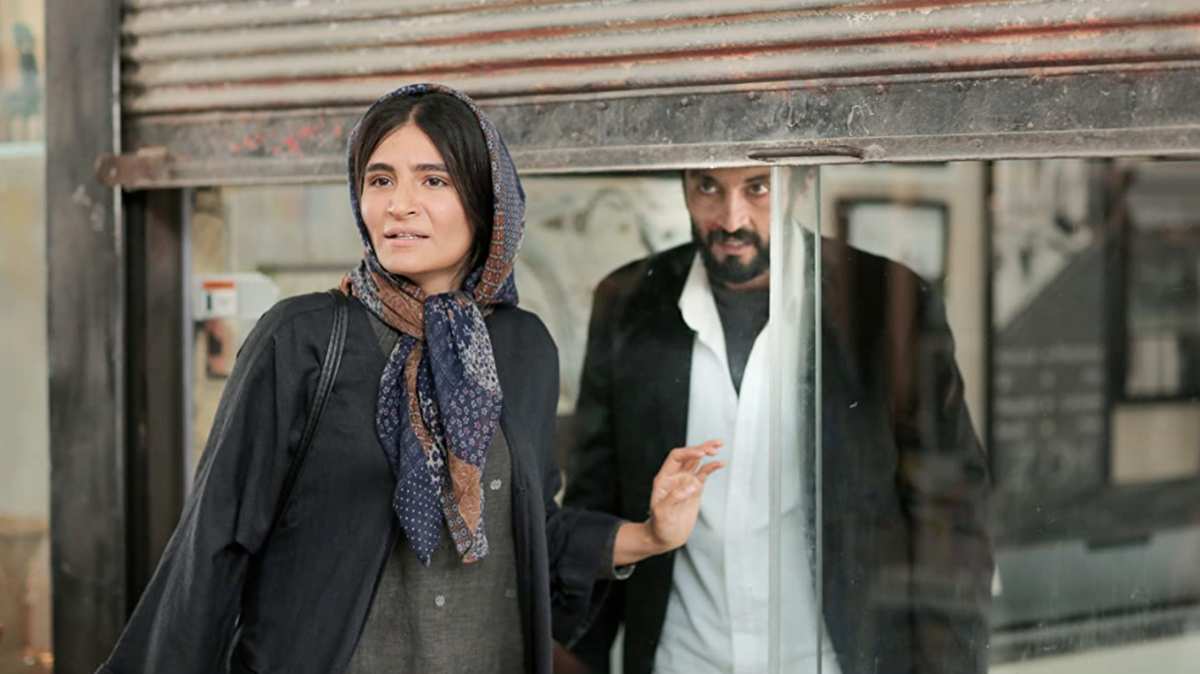The Movie Explores The Meaning of Heroism In Present-Day Society
The heroism in being human, is a premise that Asghar Farhadi's latest movie 'A Hero' is built upon.
The plot revolves around Rahim Soltani (played by Amir Jadidi), a calligrapher and painter, who is imprisoned for being unable to repay his debt. Released on a two day parole, he is confident of arranging half the sum, as his girlfriend, Farkondeh (Sahar Goldoost), has found an abandoned bag of gold coins. However, what initially appears to be a miracle turns into moral dilemma for Rahim. He decides against selling the coins and instead puts up pamphlets in the hope of returning the bag to its true owner.
What follows next is a series of events where he is commemorated by the prison authorities, media and civil society for carrying out the noble act of returning the gold than keeping it to pay off his debt. Rahim is taken aback by the unexpected public reverence for an act that he simply did to keep his conscience clean.
His eyes carry a certain gullibility, showcasing the simplicity with which a common person approaches life. In a particular scene, after his media interview is telecasted in prison, a fellow inmate accuses Rahim of making a deal with the prison authorities for speaking high of them on camera. Rahim's eyes widen as the shock of this lost opportunity dawns on him.
Again and again, Rahim’s naivety comes in the way of his ‘heroic act’, as he is ultimately forced to prove his noble intention.
A hero is made by the society for whatever need it serves, and easily forgotten or worse maligned for being so.
What makes one a hero? Being selfless? Being charitable? Being brave? Being hopeful? The answer is rather more complicated, and maybe that is what Farhadi does through his writing and direction. The working class, is troubled, tired and ostracised by the system it works under, punished for trying to escape it or stepping over the line. And yet it is expected to reflect an ideal society, built upon truth and incorruptibility.
“He’s been bullshitting people all his life. Now he’s a hero, and me who did so much for him, the bastard creditor?”, exclaims Bahram (Mohsen Tanabandeh), who is also Rahim’s ex-brother in law.
Like Farhadi’s past works, including A Separation and The Salesman, A Hero showcases the deeper intricacies in seemingly simple lives. Distinct supporting characters with complex backgrounds drive the story forward. They offer succour to the movie's premise, questioning the audience on what really makes a hero.
Rahim's sister, who convinces him to return the gold, knowing this would mean extended incarceration for him. A woman who has lived through the trauma of losing all her savings, offering money to Rahim’s son. Bahram’s daughter who wants to protect her father from being considered a villain in the society. The taxi driver (a former convict) who offers to stand up for Rahim knowing how unjust the state can be towards the powerless. The young mother at the charity home, holding herself together in a public space, while trying to save her husband from state execution. Farkondeh, refusing to submit to patriarchal impositions, breaking gendered barriers to rescue Rahim at different occasions.
These characters much like the birds painted outside Rahim’s prison walls, are trying to be free in a society that continues to bind them in corruption, bureaucracy and poverty. And yet they show more courage than the whole lot that governs them.
Throughout the film, Rahim simply does what he thinks is his pursuit in life: pay off his debt, be conscientious, and be there for those he loves. He is called a hero for all those qualities. But does that mean, everyone like him should be celebrated? A question raised by Bahram. A question that lingers on much after the movie is over.
Ultimately, all of them are heroes, in those brief moments, for reclaiming their humanity. They are heroes for wanting to save their world from collapsing. They are heroes even when the world refuses to acknowledge them.
In the closing scene, a newly released inmate offers the cell-guards and Rahim sweets to celebrate his freedom. He walks out, boarding a bus to re-enter the society that placed him there in the first place, leaving behind the box of sweets – a celebration of survival, hope and of a deeper heroism that breaks through the corrals of systemic abuse and apathy.
...
Mariyam Haider is a researcher-writer and spoken word artist based in Singapore.

